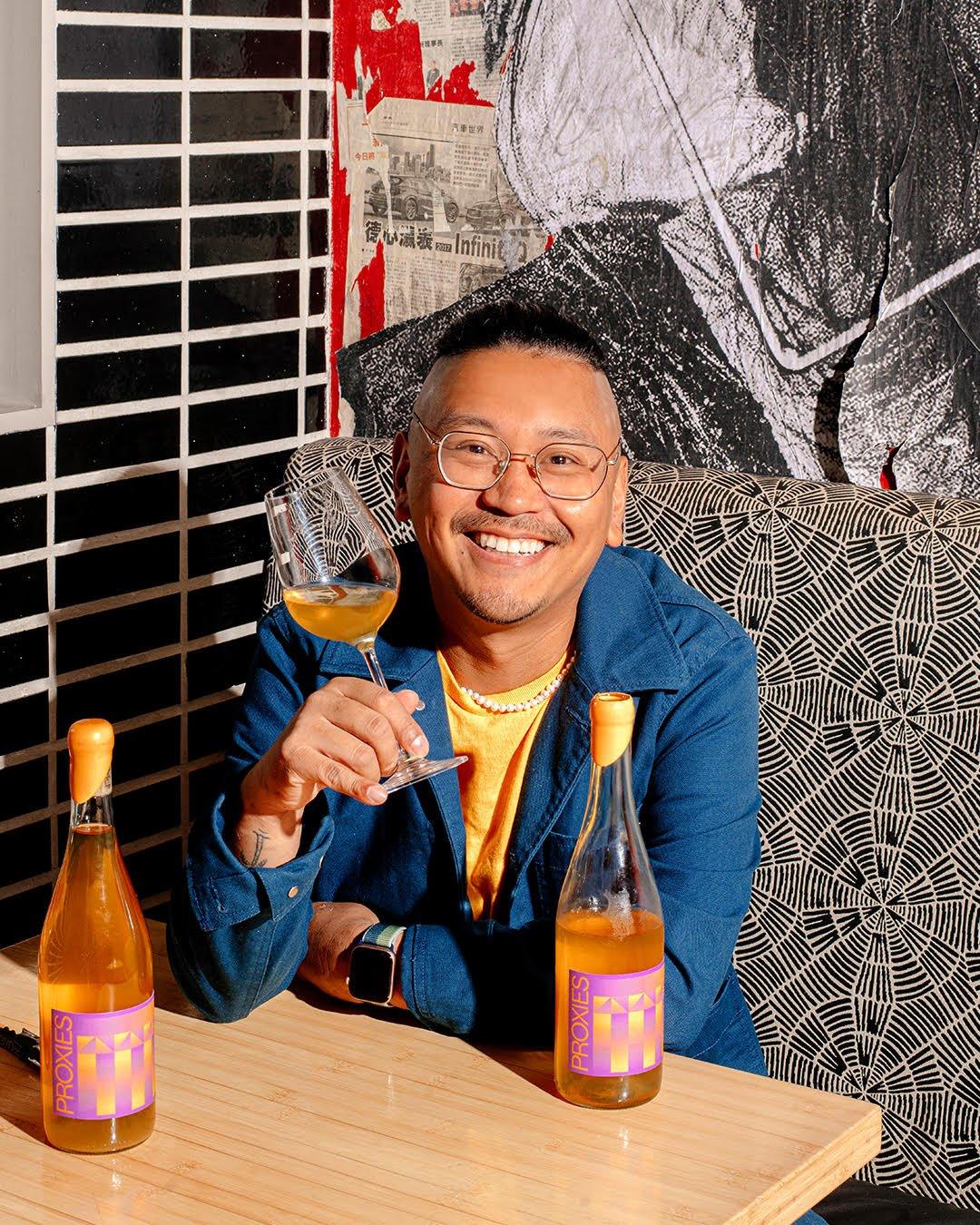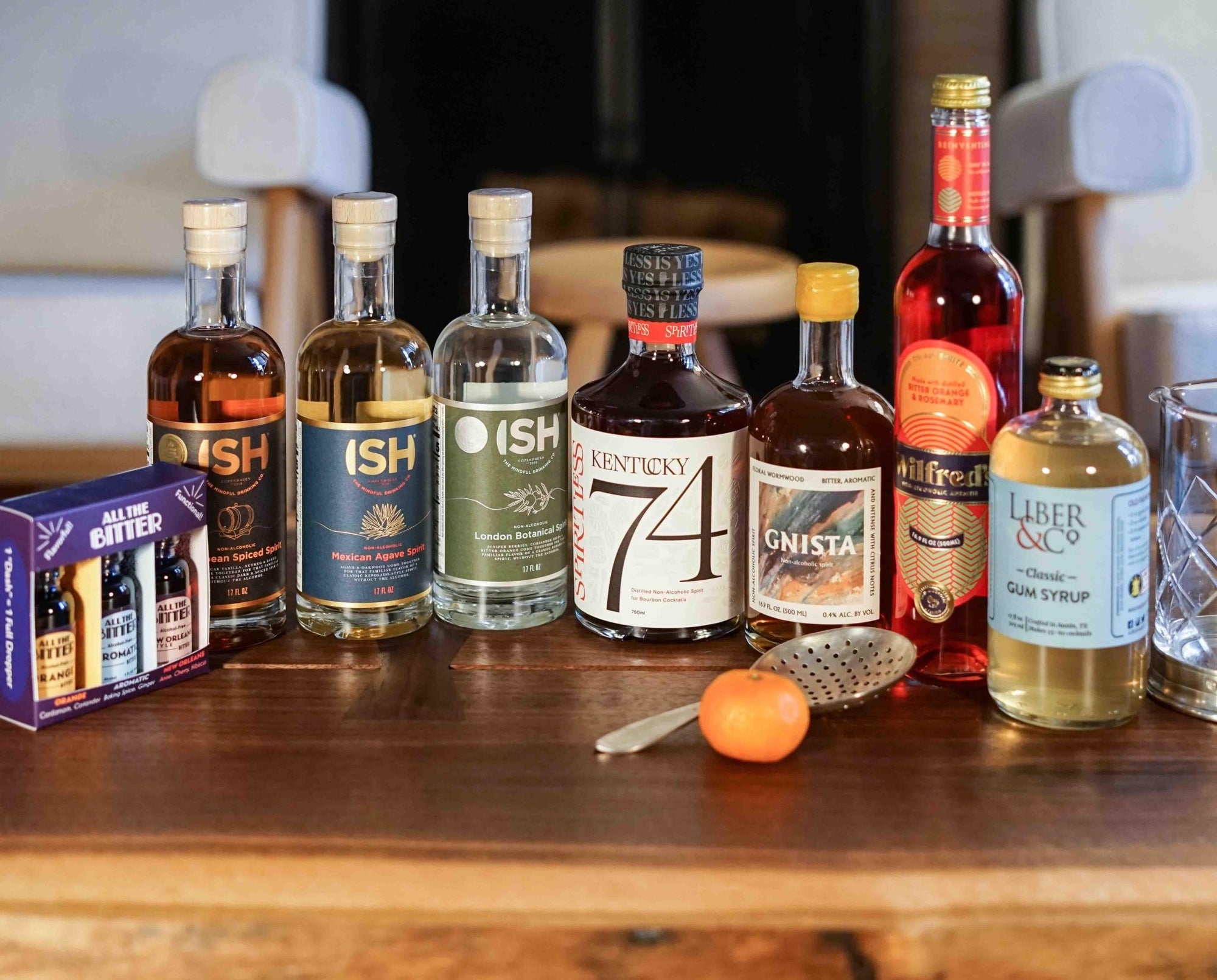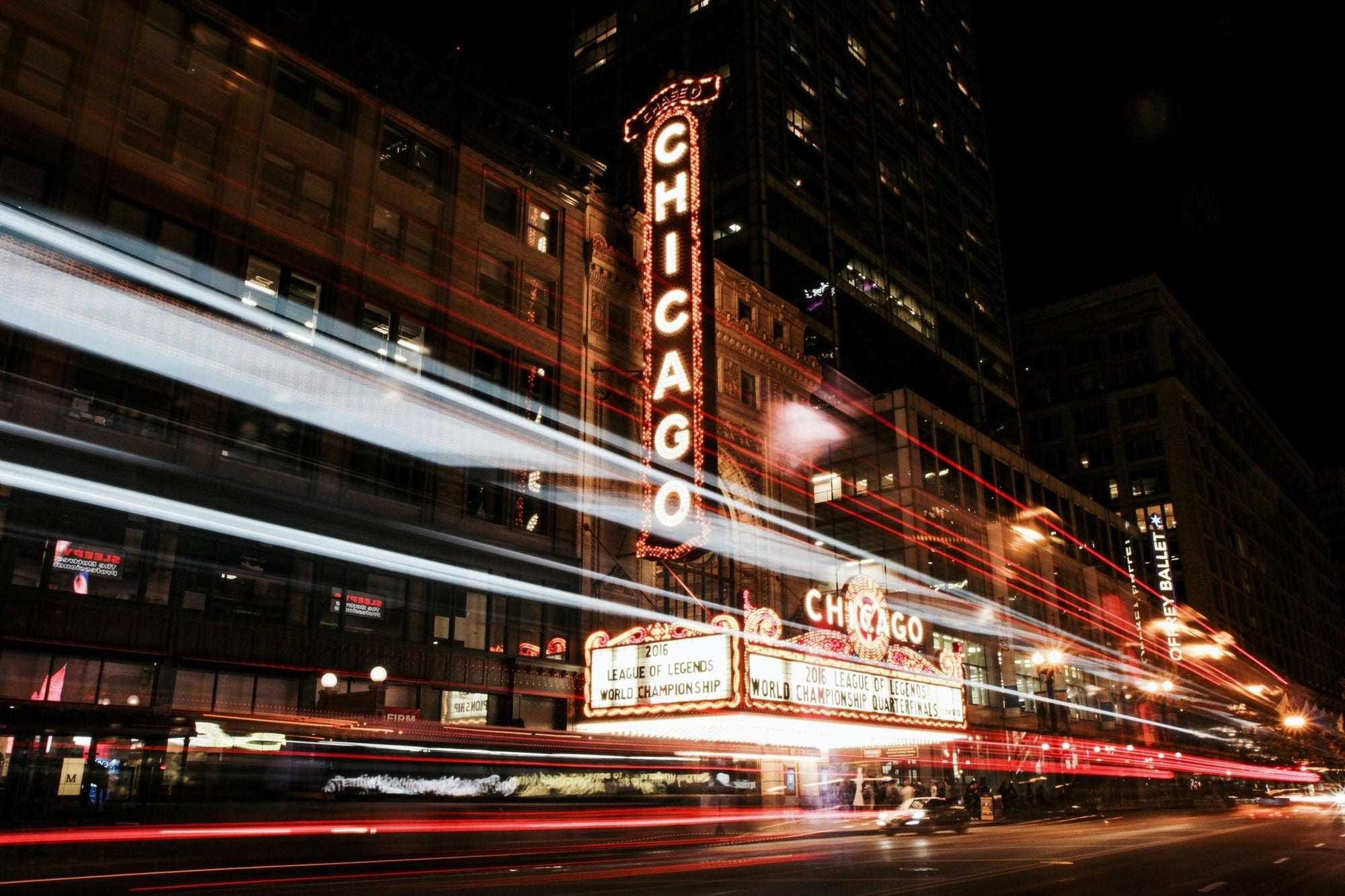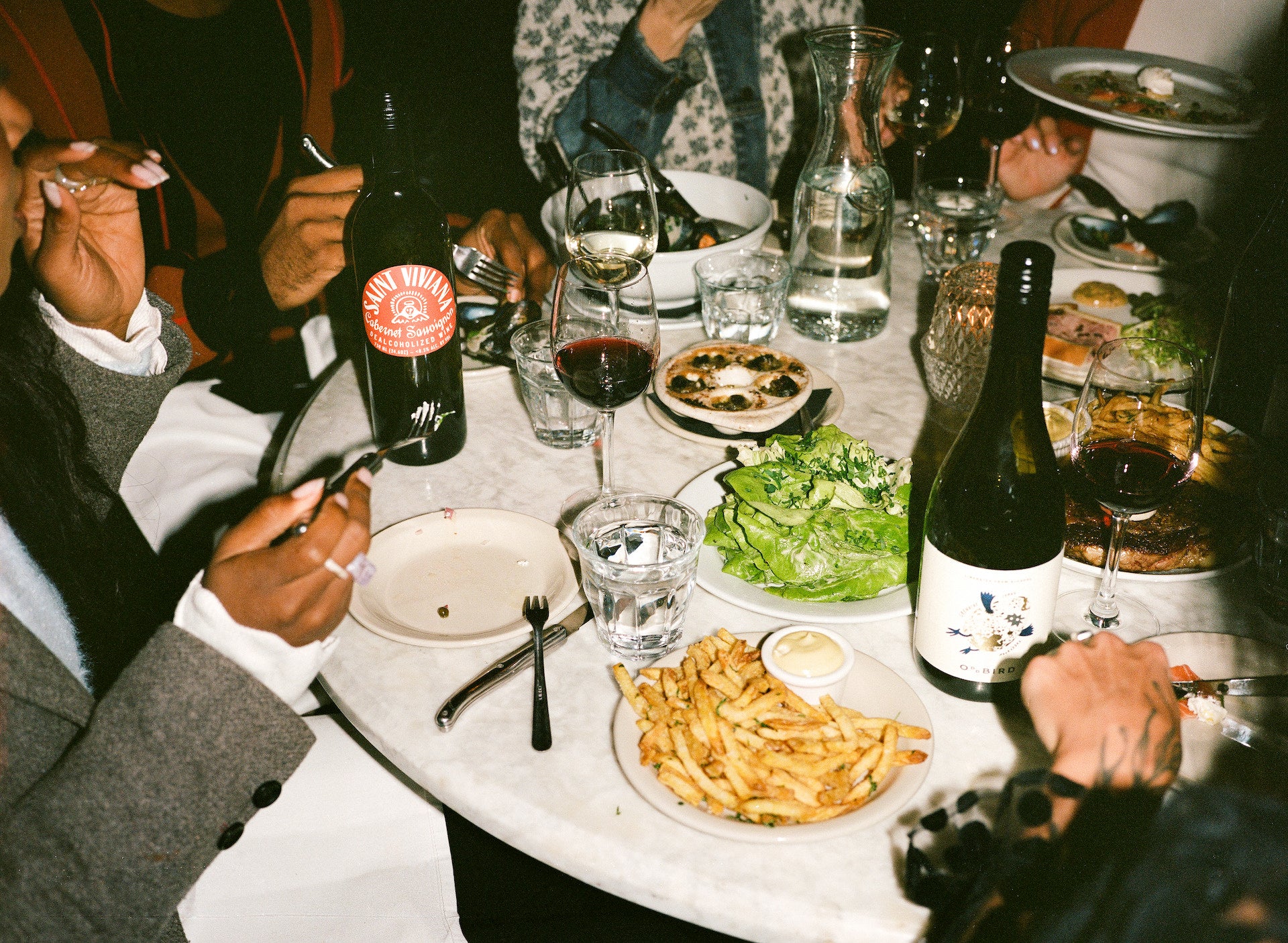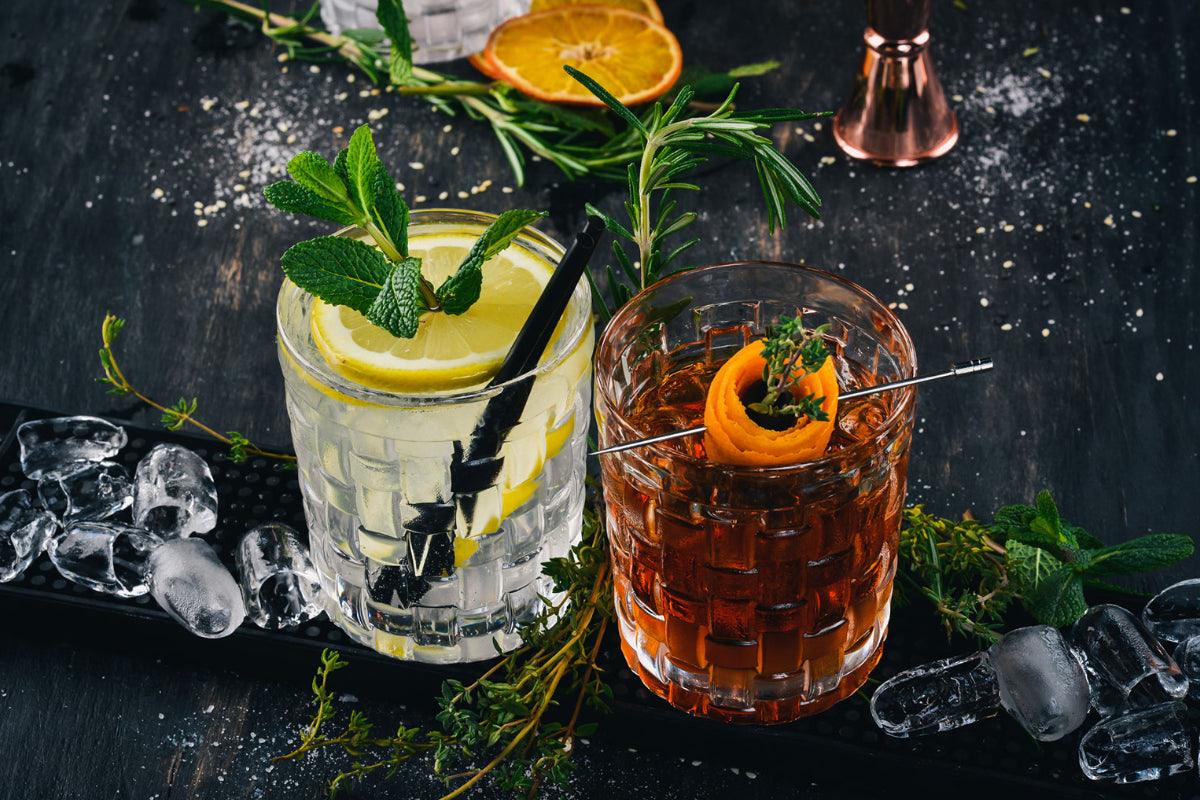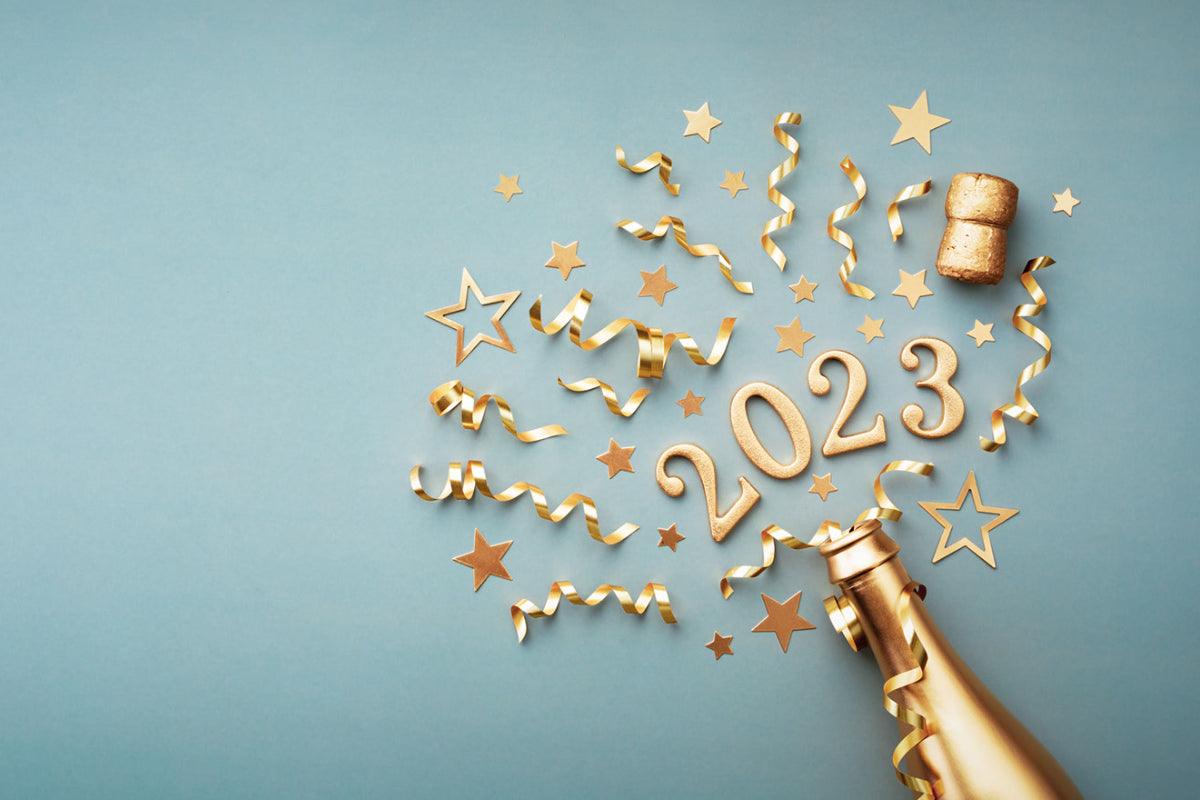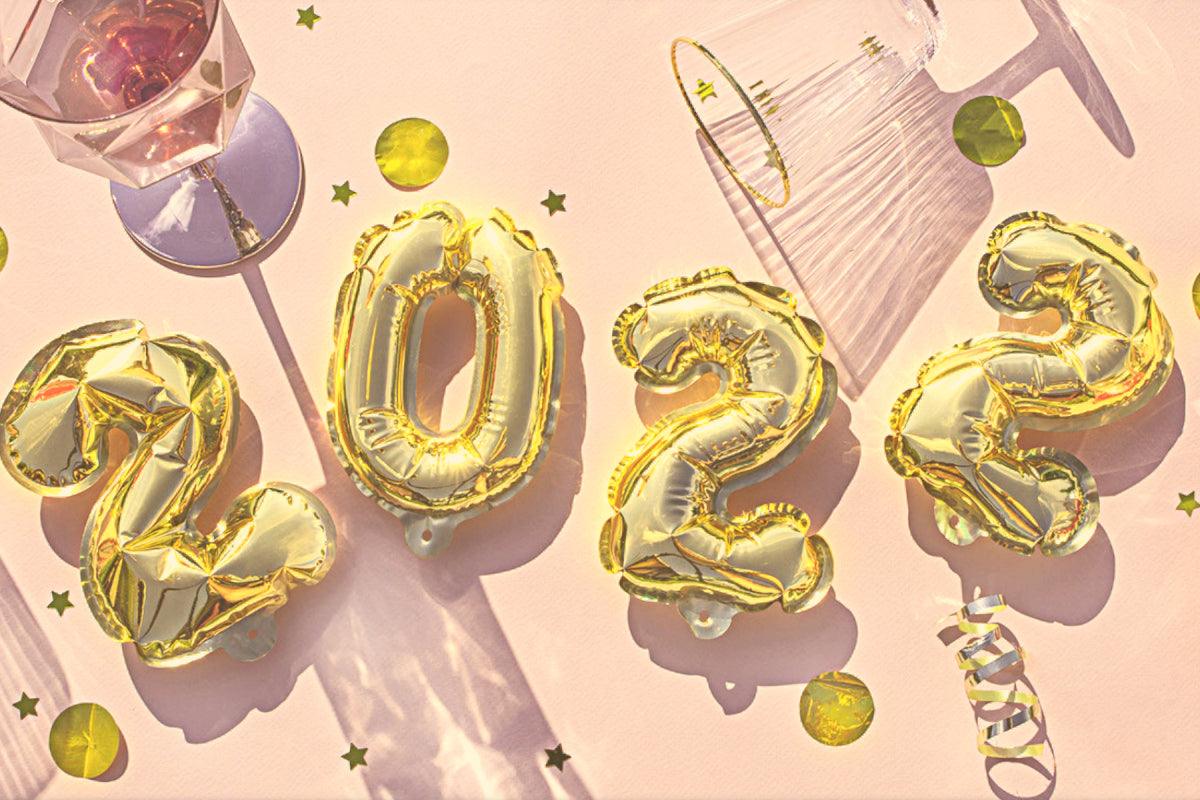How This “Craft” Tonic Water Became a $3.5 Billion Giant
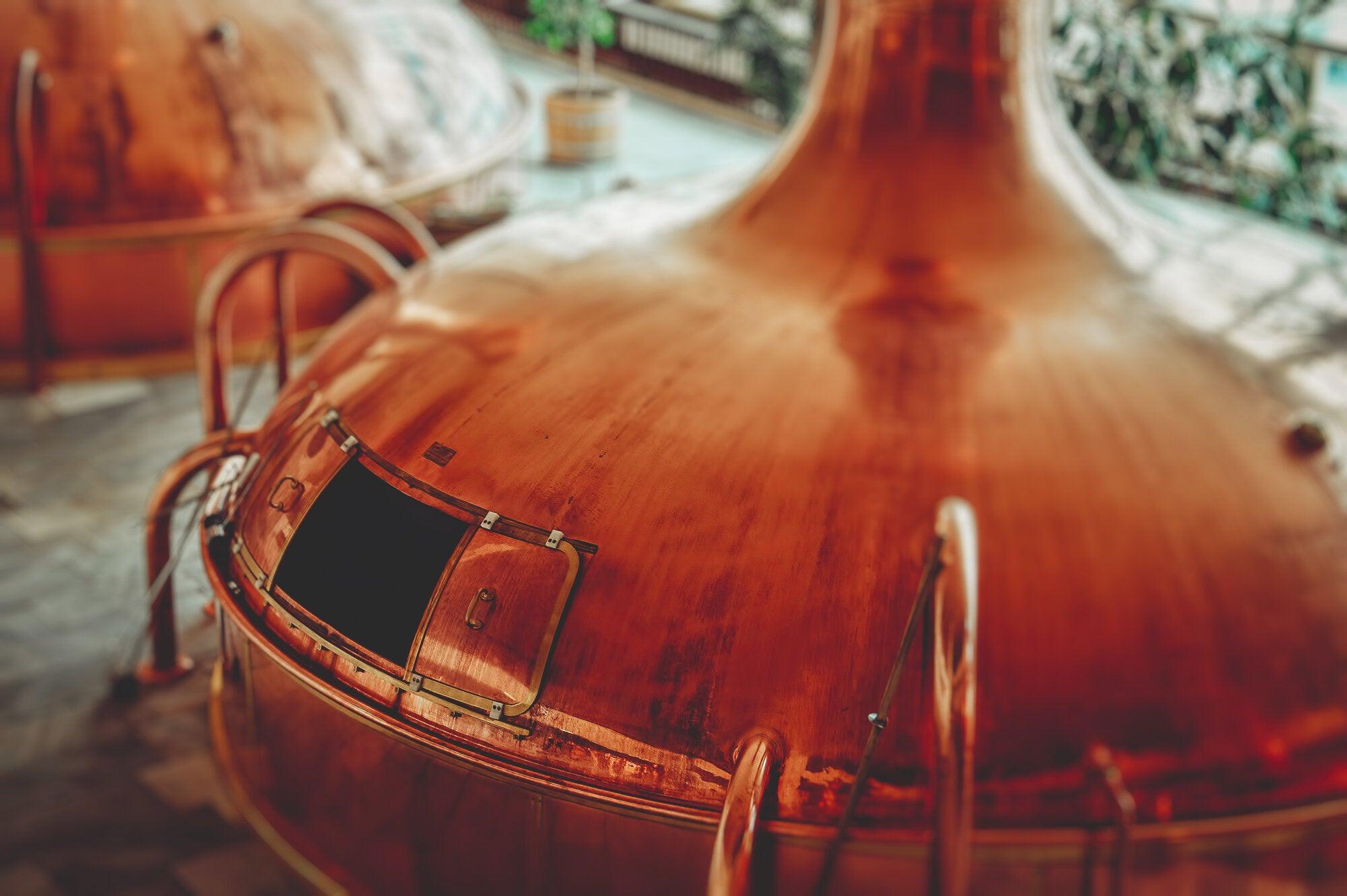
Update for 2024: we've updated statistics to reflect the continued growth of the non-alcoholic industry, 5 years after the articles original publication.
"If three-quarters of your drink is the mixer, mix with the best."
That was the simple concept behind Fever Tree, the high-end tonic water company that launched in 2003.
I'm sure you've seen Fever-Tree on the menu at your favorite restaurants and bars... or even mixed it in your favorite mocktail (Seedlip specifically recommends Fever Tree in the "How to drink Seedlip" section of the website).
Only back then, the company was solely concerned with gin...
How Charles Rolls Made $500 Million
As Charles Rolls was turning 40, he quit his job as an engineering consultant, took his life savings (and some investor capital) and bought a dying, British gin brand called Plymouth Gin.
"I knew very little about it," Rolls told MarketWatch in a recent interview. "I had no relevant experience. I had just this instinctive feeling. I just knew I could turn this thing around."
Rolls bought Plymouth for £500,000 in 1997. He had £100,000 left over for marketing... and a company that was losing £25,000 a month. He had about three months to fix it.
He cold-called supermarkets to unload the existing inventory which bought him a little more time. He redesigned the bottle, made the gin stronger and added more botanicals to the mix.

Plymouth Gin's current bottle
Four years later, sales were up 1,300% and Rolls sold Plymouth Gin for £28 million - 56x the purchase price.
What Rolls Learned at Plymouth Led to His Next Fortune
While working on flavors for Plymouth, Rolls made a discovery...
It didn't matter what your gin tasted like when you were mixing it with crappy tonics. The subpar mixers completely killed any flavor. So Rolls started taste testing tonics in the UK and US...
"They were far too sweet, had far too little quinine, and they tasted of grapefruit."
The craft liquor business was booming. But there were no craft mixers to complement them.
In 2003, an entrepreneur named Tim Warrilow approached Rolls about launching another gin company. Rolls suggested they try their hand at tonic water...
It took two years of research before Fever Tree launched its first tonic - Premium Indian Tonic Water - in 2005.
It met early success in Spain. Then it spread around the globe, helped by a growing demand for higher-end, natural products.
Today, Fever Tree is sold in 74 countries. And they sold 406 million bottles last year. The company lists 14 products on its US website (there are more in the UK), including "Spiced Orange Ginger Ale," "Lemon Tonic" and "Elderflower Tonic Water." And there's a pairing wheel on its website, which helps you match its products based on your favorite flavors.
Fever Tree went public on the London's junior exchange in 2014 (meaning you can buy shares in the company). And four years later, shares were up 1,000%.
Last year's revenues were around $300 million and the company earned $100 million in profit. Fever Tree's total market value is nearly $3.5 billion.
But that's down from a peak market value of $5.7 billion. The successful drink company isn't without issues...
Fever Tree's Challenge Today
While Fever Tree is a global brand, half its sales still come from the UK.
And in the first half of 2019, UK sales only rose 5% (much slower than the 73% growth from a year ago). Fever Tree's shares plunged.
Some people worry the UK is experiencing "peak" gin drinking. The company is also facing increased competition from competitors like Schweppes. Plus, Fever Tree is already so large in its home country, it will be difficult for its frenzied growth to continue.
So, Fever Tree is looking to the US, which accounts for just 15% of sales, for growth.
But drinking is slowing down in the US, while the NA industry continues to grow. According to the Boston Consulting Group, global sales of NA drinks could see a climb of 7% by 2027.
Will the zero-proof trend and the popularity of mocktails prove a boon for Fever Tree's business?
The company, with its premium, natural products, is well positioned to benefit from the non-alcoholic trend, which is still in its infancy.
In the meantime, Fever Tree founders Rolls and Warrilow, can toast their billion-dollar fortune with a delicious Seedlip and Fever Tree tonic.
